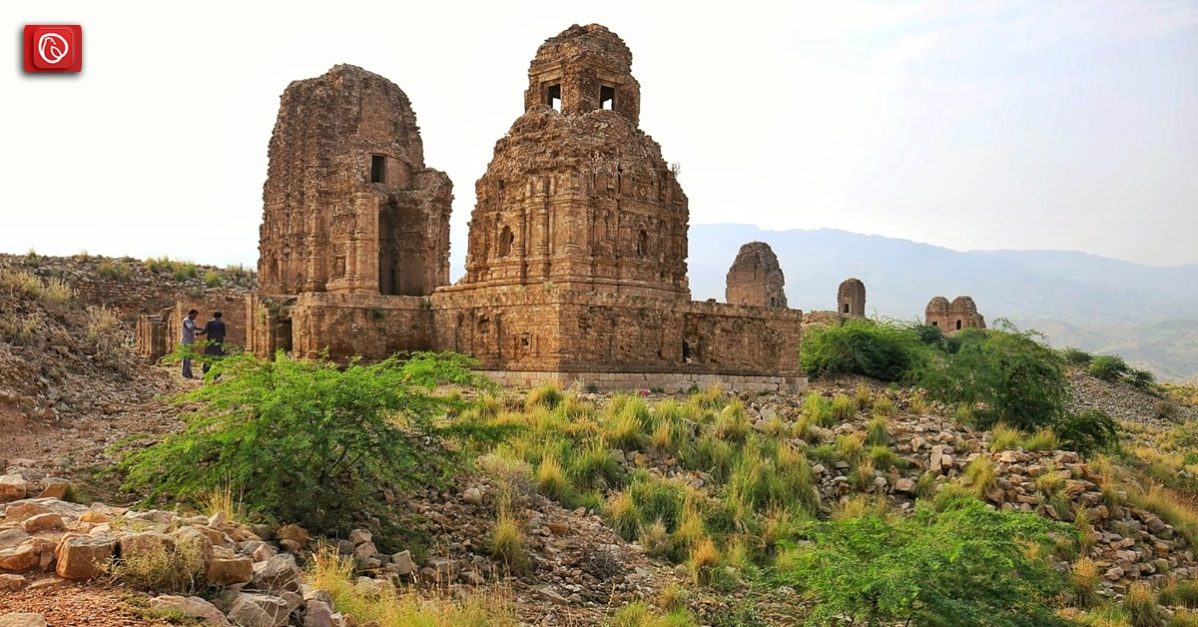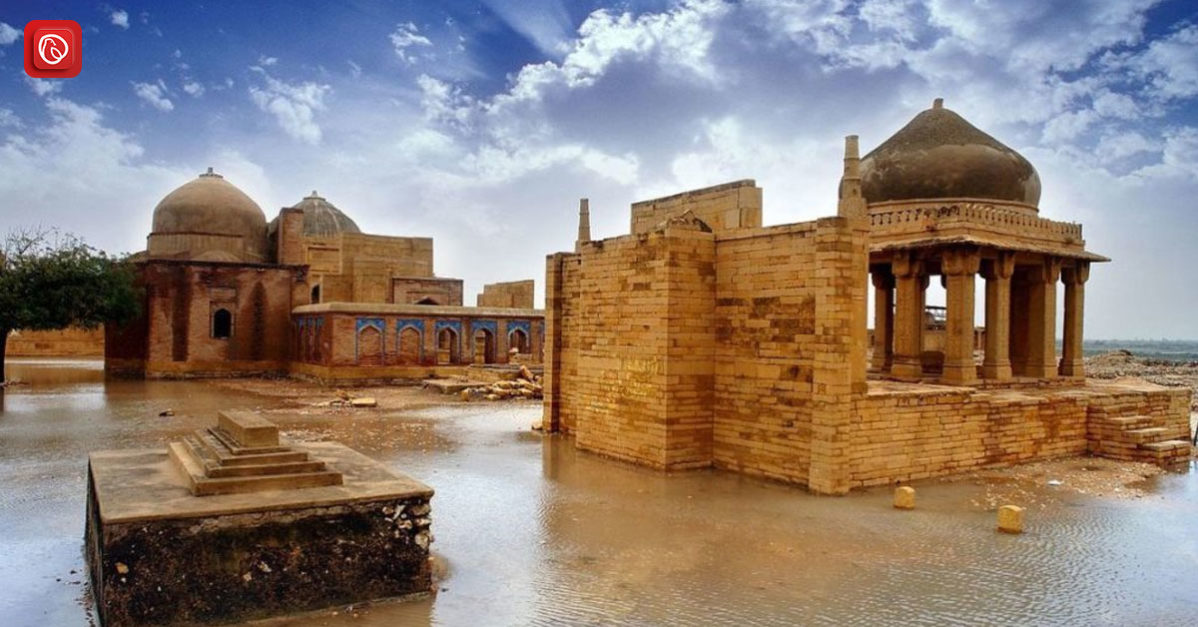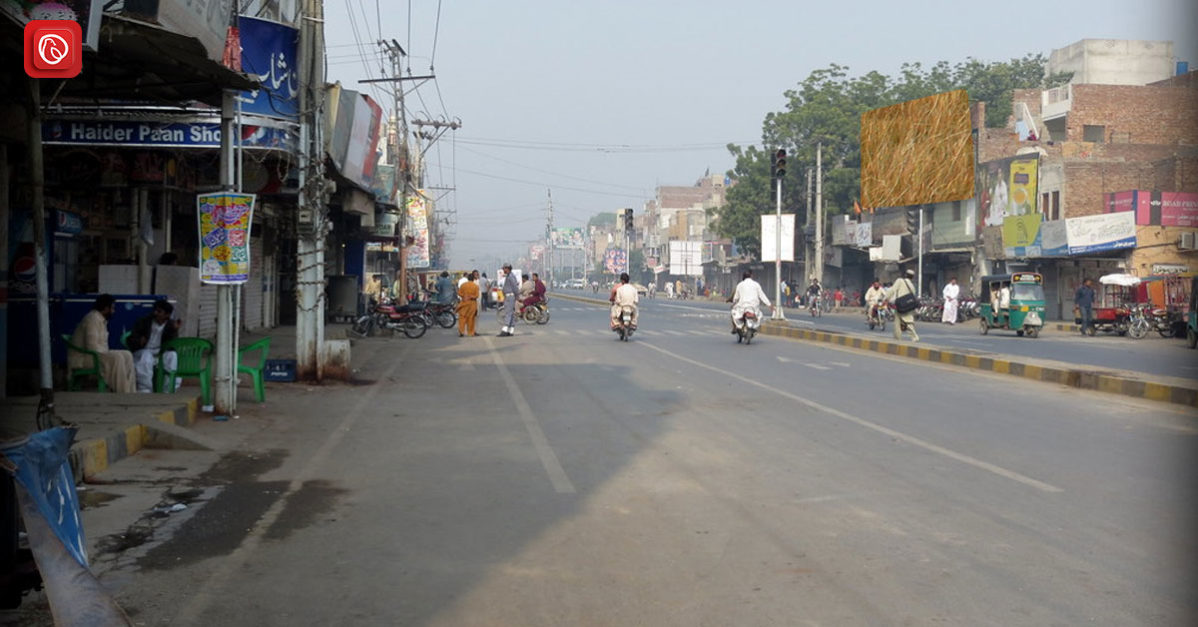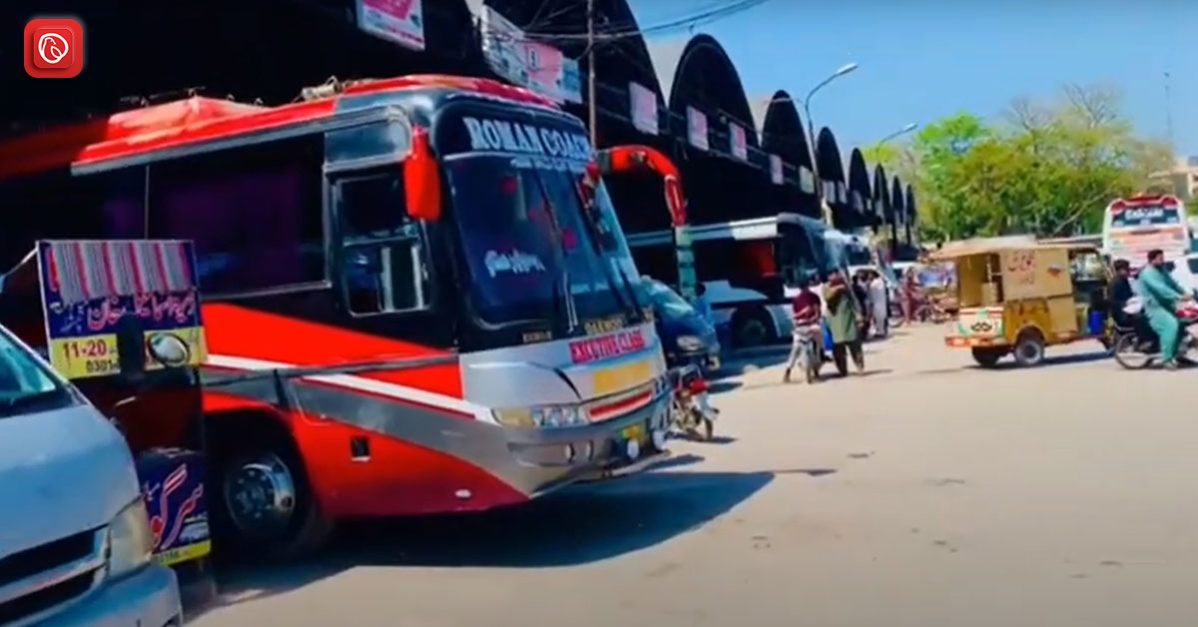Situated at the west of the majestic Indus River, DI Khan has a rich history that dates back to the 15th century. It was founded by a Baloch chief. The old city was tragically swept away by the powerful river in 1823, the new city, meticulously planned by Durrani chiefs. It emerged as an important municipality.
Dera Ismail Khan serves as a vital transportation hub, with a bridge connecting it to Darya Khan. It boasts a diverse array of hand-manufactured goods, including lacquered woodwork, glasswork, and intricately crafted lungis.
Development Potential DI Khan
DI Khan, a district located on the western bank of the Indus River in Khyber Pakhtunkhwa, holds enormous economic and business development opportunities.
With abundant land for agriculture and a rich resource base, the district has the potential to thrive and attract investment. You can find several pieces of land for sale in DI Khan as well. By focusing on research, development, and modernisation, DI Khan can unleash its true potential.
Agricultural Development
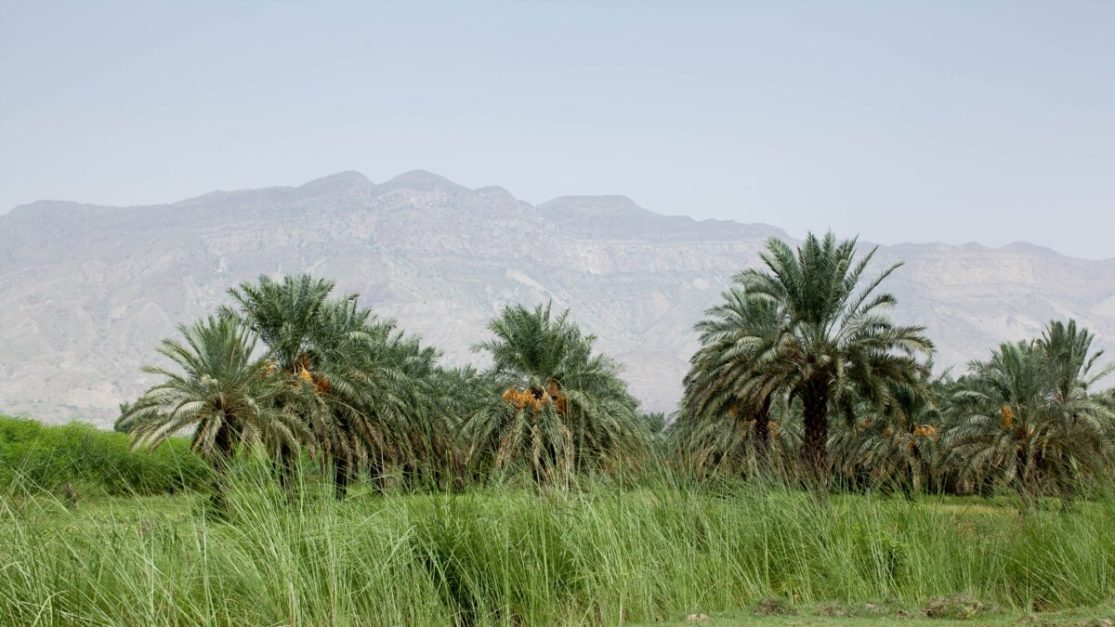
- Vast agricultural land supports diverse crop and fruit production.
- Introduction of modern farming techniques can enhance productivity.
- Research and development efforts can further improve yields.
- Value addition opportunities in the Dhakki dates cluster.
Mineral Resource Optimisation
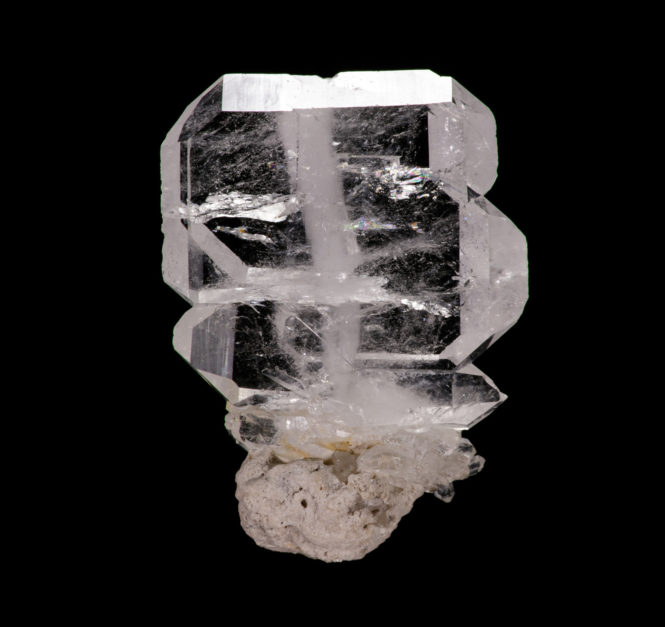
- Cluster-based strategy required for local minerals.
- Introduce modern techniques to unlock full potential.
- Exploration of investment opportunities in the “D.I.Khan East Block.”
Oil & Gas Sector Investment
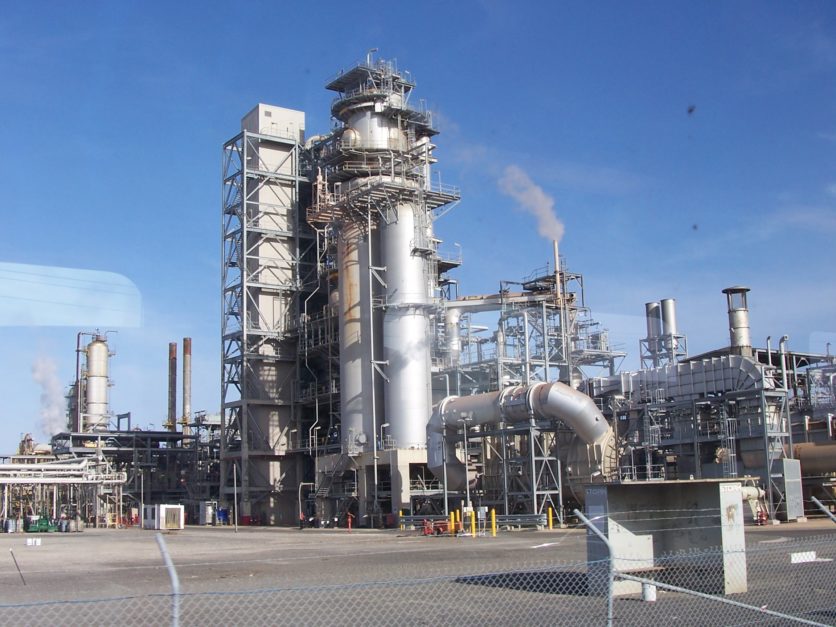
- Dera Ismail Khan presents investment opportunities in the oil & gas sector.
- Promote and attract investment in the “D.I.Khan East Block.”
Embroidery Sector Growth
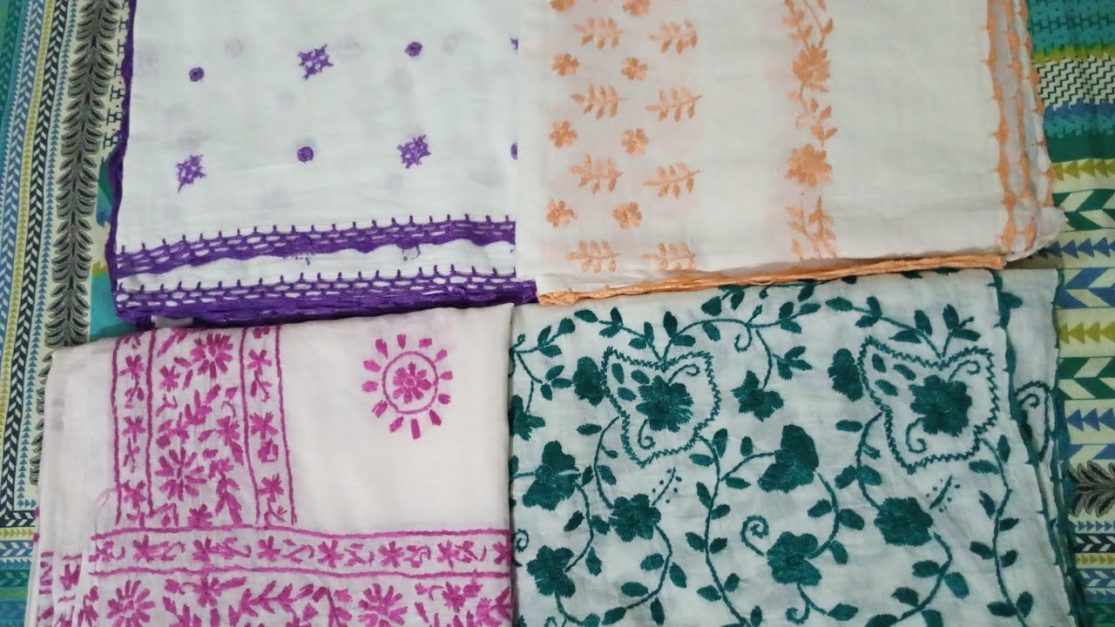
- Local artisans possess unique embroidery skills.
- Develop linkages with Pakistani fashion designers for collaboration.
- Enhance artisans’ capacity through training and skill development.
- Tap into the fashion industry to expand market reach.
Dera Ismail Khan’s economic potential is waiting to be unlocked. Through agricultural development, optimal use of mineral resources, investment in the oil & gas sector, and the growth of the embroidery sector, the district can experience significant economic growth and provide opportunities for its residents.
By harnessing these potential avenues, Dera Ismail Khan can establish itself as a thriving hub of business and prosperity.
Agricultural Resources
DI Khan possesses significant agricultural resources, making it well-suited for the development of an agro-based industry. This industry serves as an extension of agricultural products, and DI Khan boasts a diverse range of agricultural offerings, including renowned Dhakki dates, dried dates, sugar cane, wheat, and high-quality langra mangoes.
Following are some of the recommendations for unlocking agro-based industry potential.
Establishing Medium-Scale Production Units
To fully realise the potential of the agro-based industry, the following recommendations are put forth. First, the establishment of new medium-scale production units is advised. These units would require moderate investment, rely on manual labour, and incorporate semi-automation. Promising products for such units could include dates processing, the production of a dessert delicacy known as sohan halwa, and the creation of mango pickle.
Upgrading and Expanding Existing Medium-Scale Production Units
The next recommendation focuses on upgrading, stabilising, and expanding the already existing medium-scale production units. By enhancing their capacities, these units can contribute further to the growth of the agro-based industry.
Developing Large-Scale Industries
Finally, the development of new large-scale industries is proposed. These industries would require significant investment and operate with a high level of automation. An example of such an industry would be the establishment of sugar mills.
Importance of Commercialisation and Modernisation
It is crucial to acknowledge that for the agro-based industry to thrive, commercialisation and modernisation techniques are indispensable. Relying solely on agricultural production is insufficient. To develop a viable agro-industry, it is essential to focus on processed products for intermediate and final consumption.
Commercialisation of Agriculture
To achieve this, commercialising agriculture becomes imperative. By encouraging value addition chains, stabilising existing food chains, and offering new lucrative agro-based business opportunities, the local economy can experience significant improvements.
Investing in Training and Education
Given that the agro-based industry primarily involves post-harvest activities such as processing and preservation of products, it is crucial to provide proper training, education, and awareness to the local population. This will equip them with the necessary skills and knowledge to effectively participate in and contribute to the industry’s growth.
Handicrafts Sector
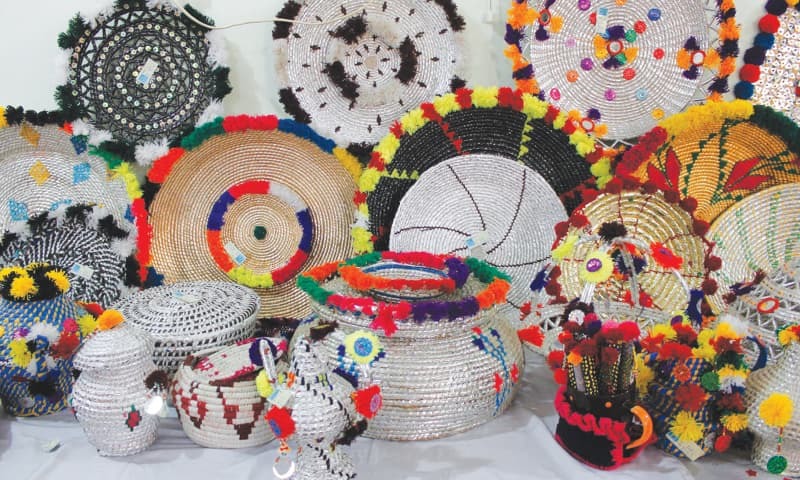
D.I.Khan boasts a rich architectural heritage in Pakistan, that showcases the diverse cultures prevalent in the region. The captivating and alluring handicrafts have gained recognition nationwide, bearing the unique imprint of the local traditions.
Unique Artistry and Local Artisans
The distinct style of creating handicrafts in D.I.Khan is abstract and mesmerising. Local artisans, many of whom are women, have made remarkable contributions to this field. Notable examples of their craftsmanship include lacquered woodwork, wooden handicrafts, glassware, ivory ware, as well as mats, rugs, and traditional waistcoats.
Following are some of the recommendations for maximising artisan potential.
Establishing a National-level Handicrafts Promotion Institution
To unlock the full potential of local artisans, it is recommended to establish an institution dedicated to promoting the alluring handicrafts of D.I.Khan at the national level. This institution would serve as a platform to encourage and facilitate the participation of local artisans in exhibitions, allowing them to showcase their skills and attract wider recognition.
Creating an Artisan Development Institution
Another vital recommendation is the establishment of an institution focused on capacity development, design, and product development for local artisans. This institution would provide the necessary support and resources to enhance their skills and help them create high-quality products. Organisational models like Aik Hunar Aik Nagar (AHAN) can serve as valuable references for such an institution.
Improving Access to Financial Services
A significant area that requires improvement is the lack of accessible financial provisions for local artisans. State-owned financial institutions can play a pivotal role in providing substantial financial services tailored to the needs of artisans. This support would empower them to invest in their craft, purchase raw materials, and develop businesses in Pakistan.
Strengths of the Handicrafts Sector in D.I.Khan
The strengths of handicraft sector in DI Khan are mentioned below.
Cultural Significance and Heritage Preservation
The handicrafts sector in D.I.Khan holds immense cultural significance, reflecting the traditions and customs of the region. By supporting and promoting this sector, the government can contribute to the preservation and celebration of local heritage.
Employment Generation and Economic Growth
The small-scale handicrafts industry has the potential to create significant employment opportunities, especially for women in the region. By nurturing and developing this sector, the government can contribute to local economic growth and alleviate unemployment concerns.
Abundant Natural Resources
D.I.Khan, with its abundant natural resources, presents an opportunity for development driven by minerals. The district is home to a variety of minerals extensively used in industries, particularly the construction sector. Notable building minerals include limestone, laterite, silica, sandstone, shale clay, and silica sand. Significant reserves of natural gas and crude oil are estimated to exist, along with coal mines in the Kathgarh area near the CRBC canal.
DIK East Exploration Block: A Promising Project
Covering an area of 446 square kilometres in the D.I.Khan district of Khyber Pakhtunkhwa, the DIK East Exploration Block has shown promise based on the surrounding discoveries in the Kohat-Bannu basin. Notable discoveries in the vicinity include Chanda, Mela, Nashpa, Makori, Maramzai, and Mamikhel.
The block, located approximately 300 kilometres southwest of Peshawar and 500 kilometres southwest of Islamabad, has convenient access via the Indus Highway, which benefits from the oil and gas exploration and production activities in the nearby areas.
Opportunities for Joint Ventures
Both national and international exploration and production (E&P) companies have opportunities for joint ventures in the DIK East Exploration Block. KPOGCL (Khyber Pakhtunkhwa Oil & Gas Company Limited) is open to farming out its 49% working interest to assist in geological, geophysical, and engineering studies, as well as the initial exploratory drilling program. The drilling activities are scheduled for 2018-19, with an estimated program cost of US$41 million.
Policy Recommendations for a Competitive Industry
Here are a few policy recommendations for a competitive industry.
Establishing a Mineral City
Creating a dedicated “Mineral City,” ideally in D.I.Khan, would provide a favourable environment for potential investors in the construction sector. The initiative should include affordable plots, basic utilities (electricity, gas, insurance, security), a small-scale power generation unit, a research institute for mineral extraction and processing, a technical training centre, a business park, office space, and a freight handling and customs centre.
Support from the KP Mineral Development Department
The KP Mineral Development Department should offer regular assistance to the industry, providing guidance on modern mining techniques, equipment handling, and environmental safety. Collaborative partnerships with countries experienced in mining minerals, such as Germany, Italy, and Austria, can contribute to geological surveys.
Access to Finance for Local Mine and Industry Owners
To improve accessibility to finance, the KP government can establish a dedicated “Mineral Development Bank” to provide financial and technical support to the mining industry. Encouraging all state-owned and private banks to offer Islamic banking services to local businesses will also enhance financial opportunities.
The district of D.I.Khan offers promising prospects for investors in mining and processing of limestone, as well as related industries, along with opportunities in oil and gas exploration and production. However, it is crucial to receive support from relevant departments to facilitate these investors, ultimately leading to the growth of the district’s economy and the creation of employment opportunities for the local population.
This was all about DI Khan. For more information, visit Graana.com.
